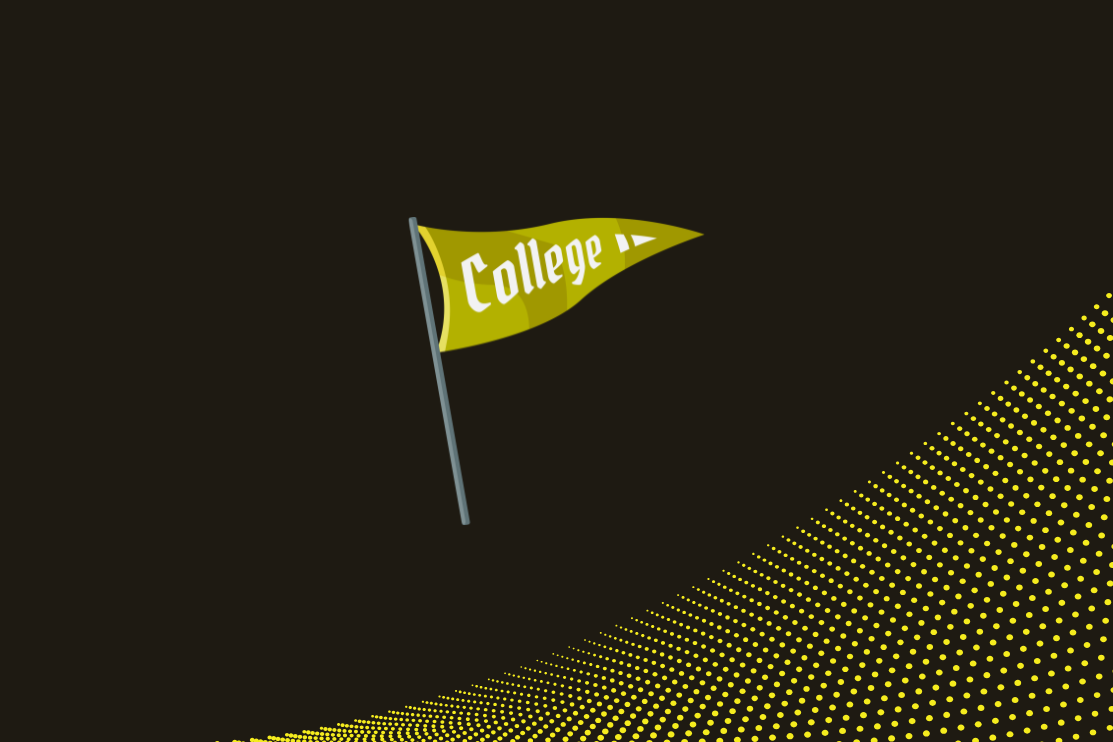How To Ace The Senior Exit Interview And Build Your Alumni Network
How To Ace The Senior Exit Interview And Build Your Alumni Network
How To Ace The Senior Exit Interview And Build Your Alumni Network
How To Ace The Senior Exit Interview And Build Your Alumni Network
How To Ace The Senior Exit Interview And Build Your Alumni Network
How To Ace The Senior Exit Interview And Build Your Alumni Network
Don't miss our breakout sessions!
Book time with our team on-site!
Our team is excited to meet you. Book a time that works best.


Gauging the success of CCR efforts can be challenging. Schools and districts use metrics like participation of career pathways, FAFSA completion, number of students engaging in work-based learning experiences, industry certification rates, and a variety of other quantitative data to evaluate programs geared toward ensuring that students are ready for their postsecondary next step.
Though these data points are important to assess CCR work, they lack qualitative indicators that show more nuanced pieces of the student experience–including how programs and courses have impacted students’ college and career plans and thinking and whether they actually do feel ready for life beyond high school. Additionally, many CCR programs struggle to get data and feedback from alumni about whether they were appropriately prepared for the challenges of college or a job once they took on those roles.
High schools should consider using these final weeks of school to conduct exit interviews with graduating seniors to capture their unique perspective on their college and career readiness preparation. Counselors and educators can use this feedback to note which courses, programs, and opportunities that are benefiting students the most and identify areas for growth or improvement. Schools can also use these opportunities to plant seeds for building a flourishing alumni network. Getting their feedback now helps to pivot seniors from thinking of themselves as students to alumni who have wisdom and talents to contribute to the school community after graduation.
Use the information and questions below to help your school community structure ways to gather meaningful feedback from graduating seniors.
Methods and Structures for Exit Interviews
Getting feedback from graduating seniors can take many forms depending upon the availability of adults to take part in the process and time in the schedule for students to share their thoughts and insights.
Structured Interviews
If possible, counselors might organize one-on-one interviews with each student to allow for personalized conversations about each student’s unique experience. Community members invested in student success–such as industry partners, community leaders, school board members, and representatives from local businesses–can share their time to help conduct these sessions. If students have created any kind of portfolio over the course of a year or four years (digital or otherwise), it can be used as a basis for some of the discussion to provide further details and understanding.
Focus Groups
For schools that are unable to conduct one-on-one interviews, having several focus groups of seniors to inform various aspects of programming can be incredibly valuable. Counselors and other educators or administrators can lead these small group conversations during advisories, study halls, or specific courses.
Online Surveys
If schools are not able to have interview sessions with all students, there are still valuable ways to gather student feedback. Counselors can get feedback from a broader group of students by using electronic surveys or soliciting video submissions to certain questions or prompts, especially if choices are offered for how to submit feedback. If you have a CCR platform that has the functionality to create student surveys, consider utilizing it to gather CCR-related perspectives from students.
Collect Alumni Email Addresses
Regardless of the structure, use these opportunities to collect non-district email addresses from students that they can access after graduation. Thank students for sharing their critical feedback and encourage them to opt-in to an alumni network. Leaving this step for after graduation makes it much more challenging to gather contact information and connect with former students.
Questions to Ask
Counselors might ask the following questions specific to college and career readiness to learn more about what experiences were most impactful to student learning and future plans:
Courses
- What was your favorite course over the past 4 years? What made it stand out?
- What classes do you wish you could have taken–either that are currently offered or ones not yet offered? Why?
Career Courses & Pathways
- What experiences or courses in high school impacted your career goals or plans?
- If you participated in a career pathway, how do you feel it will help you after graduation?
Extracurriculars
- What extracurricular activities did you participate in? What made you want to get involved?
- What skills did you gain and what did you learn about yourself from those experiences?
- Did you take on any leadership roles during your time in high school? If so, what did you learn from those experiences?
General
- Do you feel like you had the right support when you needed it (including academic help, application guidance, or mental health supports)?
- What are your hopes or plans for after graduation? What steps are remaining to work toward that goal?
- What are you most looking forward to?
- What advice would you offer to younger students who are at the beginning of their high school experience?
Exit Interviews: Also a Great Time for Student Reflection
These interviews and opportunities to share feedback can be extremely beneficial for students, as well. They prompt students to consider their experiences and make connections between what they have learned and their goals and steps after graduation. They remind students of the skills, talents, and credentials they have as they apply for new opportunities or make decisions. And they create ongoing channels for communication in the future. Creating a cycle of reflection and feedback is a powerful structure for the individual student, school, and community to magnify the impacts of CCR efforts.
Related Posts
See All




